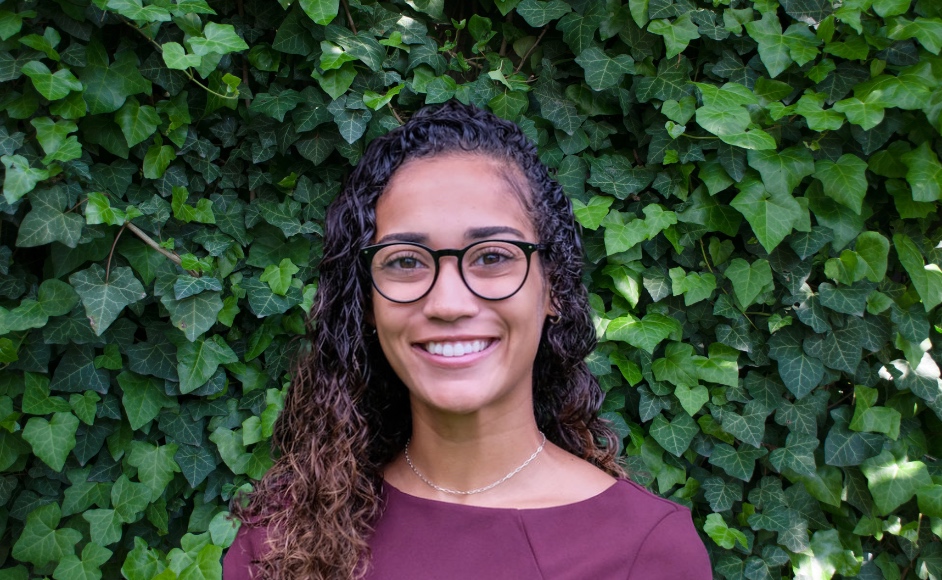Darice Brooks is a Ph.D. student in the Department of Kinesiology in the College of Education. She recently received the Outstanding Student Paper Award in the motor development category by the North American Society for the Psychology of Sport and Physical Activity. Her paper, “Exploring the lived experiences of people in adapted sports programming,” examined the advantages and obstacles people with physical disabilities face when engaging in the Michigan State University Adapted Sports and Recreation Club.
Have you ever noticed, sans what we look like, that everything is made for specifically you and me in mind? You and me meaning abled-bodied individuals. That car you drive? Made specifically for your ability. That door you can walk through with no problem? Also made specifically for your height and width! Now think of these things without one of your five senses or with limited movement. Can you imagine driving that car or walking through that door, with ease?
Since high school, I have worked with people with disabilities in a sports and exercise setting — whether that be intellectual disabilities or physical disabilities — each person has had a unique ability.
Coming to Michigan State University has given me the opportunity to work with Dr. Janet Hauck, Piotr Pasik and the athletes of the Michigan State University Adapted Sports and Recreation Club, or MSU-ASRC. This experience has opened my eyes to the need for more campus-based adapted sports and recreation programs — there are only 23 collegiate adapted sports and recreation programs across the nation. But also, I have realized that there needs to be a better understanding of adapted sport and recreation and their purpose.
This past year I worked on getting to know the MSU-ASRC athletes by attending practice and interviewing them. Ideally, I wanted to understand why these athletes attended MSU-ASRC, what they like and dislike about the club, and their overall view of sports and exercise throughout their life. I did this with hopes to expand the clubs’ opportunities and understand what a program like this offers in order to aid with starting a program later in my career.
These athletes have a lot to share about adapted sport and exercise that can be applied to the Lansing community and beyond. Athletes shared that this club is one of their only opportunities to get active during the week, introduces them to others who share the same ability and mindset, and gives them a place to create relationships while increasing their ability to complete everyday tasks. One athlete said, “Being around Piotr and some of the other people that are out doing stuff like me feels like, oh, we all have a purpose, you know? Sometimes we just need to see each other.”
Despite this club having great benefits, I learned there are many barriers as well. Reliance on transportation from others hinders athletes making it to practice on time. Sometimes there is not enough equipment, and most importantly, some athletes travel a long distance to attend practice because it is the only opportunity they have.
We, abled-bodied individuals, have access daily to gyms and equipment and have no limited ability to run or walk outdoors. With that, how do we make this possible for people with (physical) disabilities in communities and on college campuses? That’s my goal and I will continue to work with the MSU-ASRC and other programs to have a sound understanding of this.
